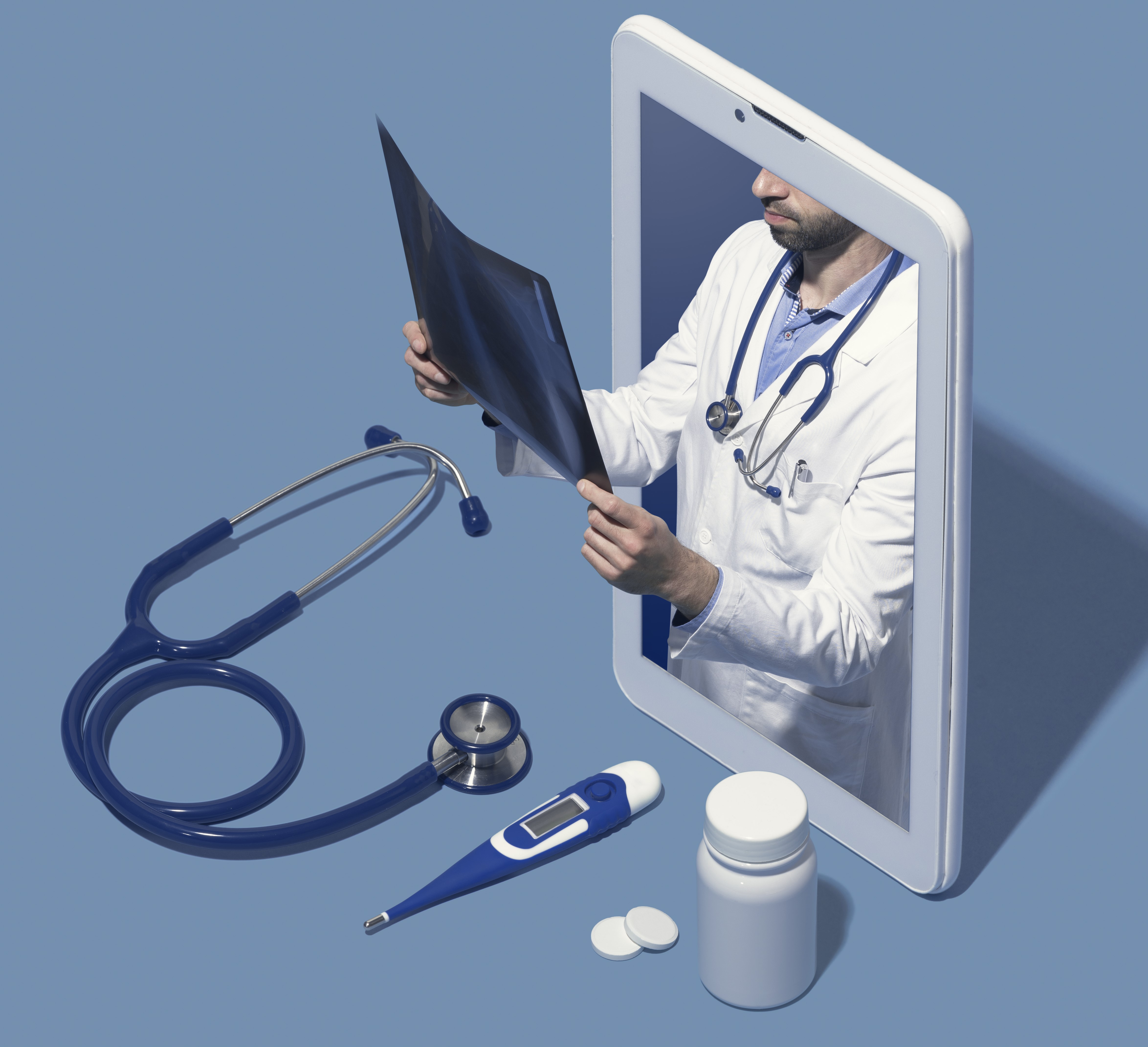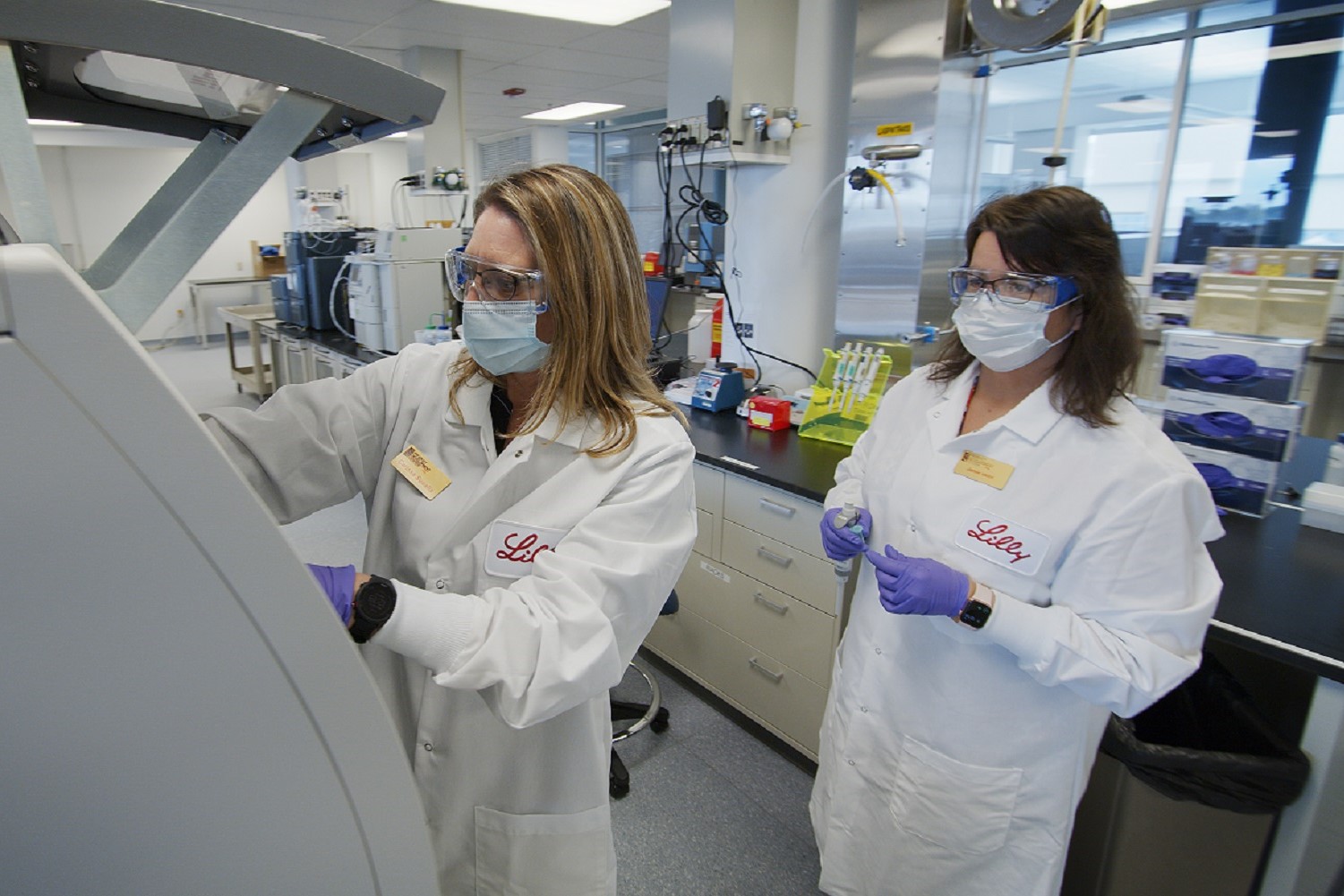 The University City Science Center has rolled out a new source of funding for startups developing the kind of technologies that take years to produce or to secure regulatory approval, called Phase 1 Ventures. The program is accepting applications from academic institutions and startup companies, according to a statement from the Science Center.
The University City Science Center has rolled out a new source of funding for startups developing the kind of technologies that take years to produce or to secure regulatory approval, called Phase 1 Ventures. The program is accepting applications from academic institutions and startup companies, according to a statement from the Science Center.
Although many would take that description to mean life science companies, it can also include energy and materials technologies. Entrepreneurs initially receive up to $25,000 in support and from services provided by partners such as Duane Morris law firm
Entrepreneurs are either matched to a technology at one of Phase 1 Ventures’ participating universities or are enrolled as part of a previously formed company, according to the statement.

With the Rise of AI, What IP Disputes in Healthcare Are Likely to Emerge?
Munck Wilson Mandala Partner Greg Howison shared his perspective on some of the legal ramifications around AI, IP, connected devices and the data they generate, in response to emailed questions.
Companies in the program concentrate their efforts on moving towards commercialization and applying for funding through SBIR or STTR grants — non dilutive funding sources. For the businesses that are successful with these grant applications, P1 Ventures may provide as much as $450,000 in financing. The U.S. Department of Economic Development and Wexford Science + Technology are providing funding for the program.
Companies or entrepreneurs that want to apply for Phase 1 have to be referred by the Science Center’s network such as Temple University, Lehigh University, Rutgers University, Penn State University and University of Pennsylvania’s Penn Center for Innovation.
In 2015, Phase 1 invested in three companies as part of a soft launch. They included BioSignal Analytics, which uses machine learning techniques to interpret medical signals such as electrical brain signals. LytPhage hopes to replace chemical antibiotics to combat resistant bacteria. PolyCore Therapeutics is developing a new drug to manage the side effects of treating Parkinson’s and other neurological diseases.
This year, the Science Center expects to add up to 10 companies.
P1 Ventures is different from its Digital Health Accelerator, another Science Center program. It helps existing startups with a prototype product or one further along to connect them with resources and customers to build their position in their respective market presence.
Candidates for Phase 1 Ventures are typically new, pre-capital companies that are still developing technologies.
Science Center CEO Stephen Tang said of Phase 1 Ventures:
“We must ‘prime the pump’ to encourage flow through the pipeline of investible new companies working on science-based technologies. There are plenty of options for the growing software and digital sector, but not enough opportunities for long-horizon technologies. These are the technologies that have historically been the cornerstone of our region’s economy.”














